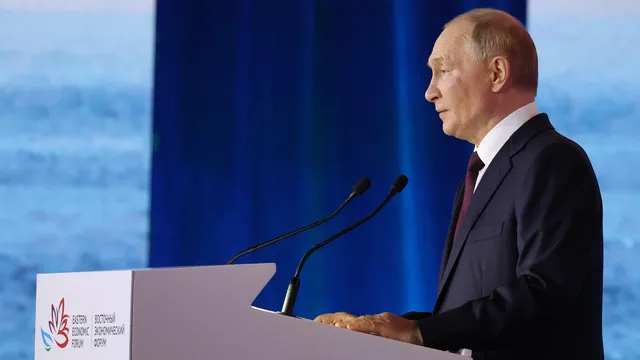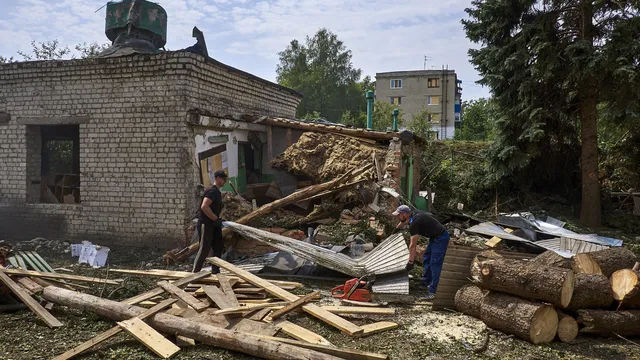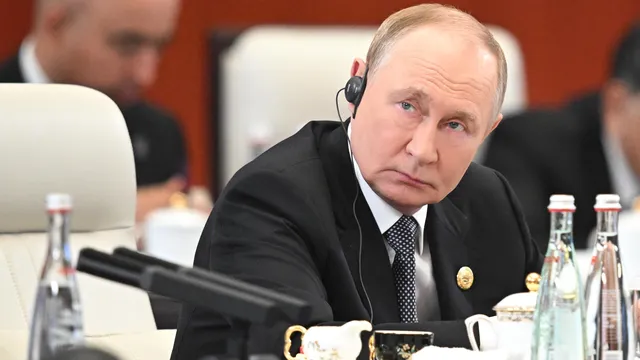In 2024, the world witnessed the highest number of armed conflicts in nearly eight decades, surpassing 2023 as the previous record holder. This is according to a study by the Norwegian Peace Research Institute in Oslo (PRIO) published on Wednesday, which highlights the risks associated with the US withdrawal from the international stage.
Last year, 61 conflicts were recorded in 36 countries, with some of them being fought on several fronts simultaneously, the report said. By comparison, in 2023, there were 59 conflicts in 34 countries.
“This is not just a temporary blip — it is a structural change,” said Siri O'Rustad, lead author of the report covering armed conflicts between 1946 and 2024.
“Today, the world is significantly more violent and fragmented than it was ten years ago,” she added.
Africa remains the most affected continent, with 28 conflicts involving at least one country. It is followed by Asia with 17 conflicts, the Middle East with 10, Europe with 3, and the Americas with 2.
More than half of the affected countries have experienced two or more conflicts simultaneously.
The number of deaths remains roughly the same as in 2023—around 129,000—making 2024 the fourth deadliest year since the end of the Cold War in 1989.
The wars in Ukraine and the Gaza Strip, as well as the clashes in Ethiopia's Tigray region, have claimed the most lives.
“Now is not the time for the United States — or any global power — to withdraw from international engagement,” Rustad emphasized.
“Isolationism in the face of growing global violence would be a serious mistake with long-term consequences for human life,” she warned, in an apparent reference to Donald Trump's “America First” campaign.
“It is a mistake to assume that the world can turn a blind eye. Whether it is President Trump or a future administration, abandoning global solidarity now would mean abandoning the stability that the US helped build after 1945,” the expert added.
The study is based on data collected by the University of Uppsala, Sweden. | BGNES

 Breaking news
Breaking news
 Europe
Europe
 Bulgaria
Bulgaria







